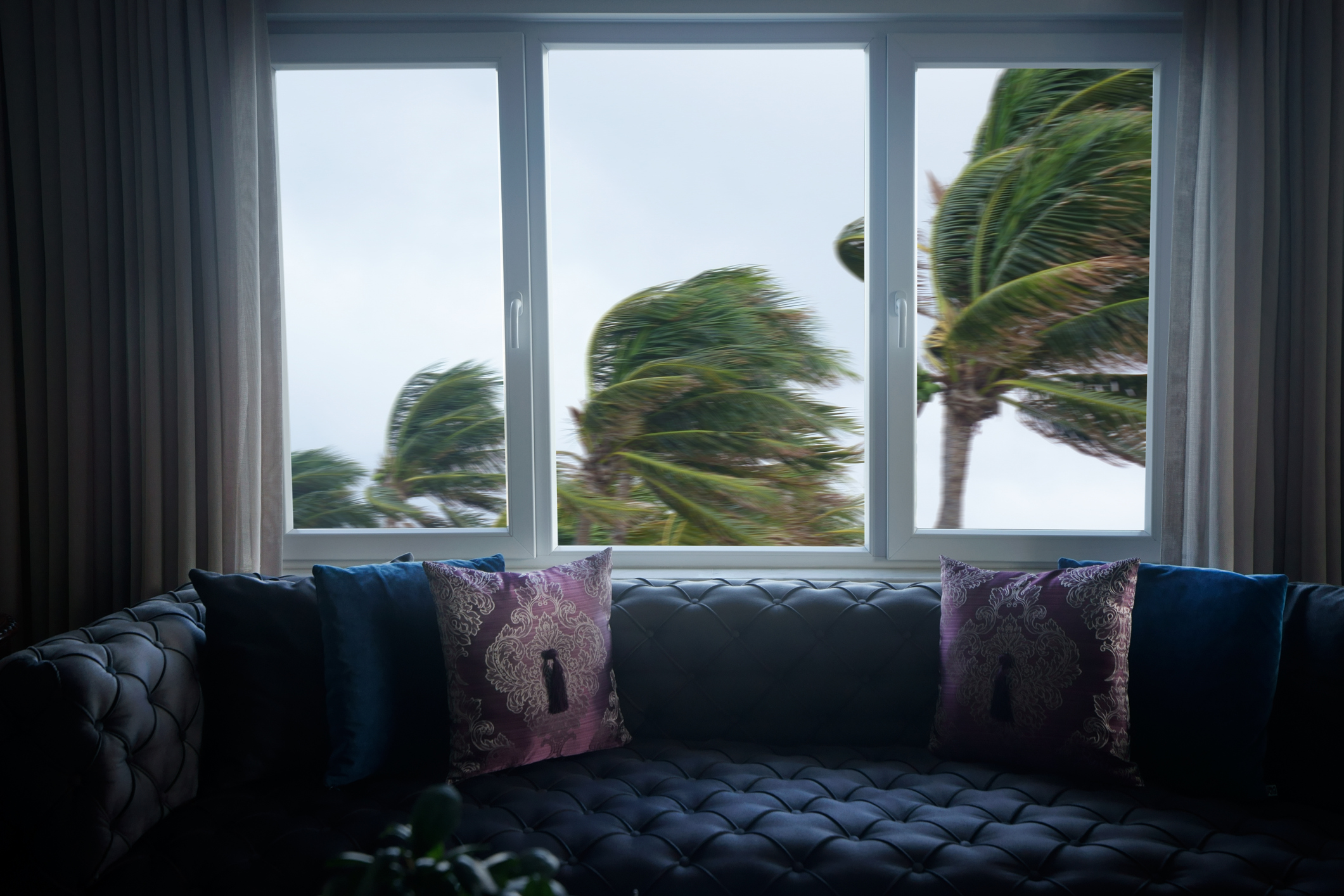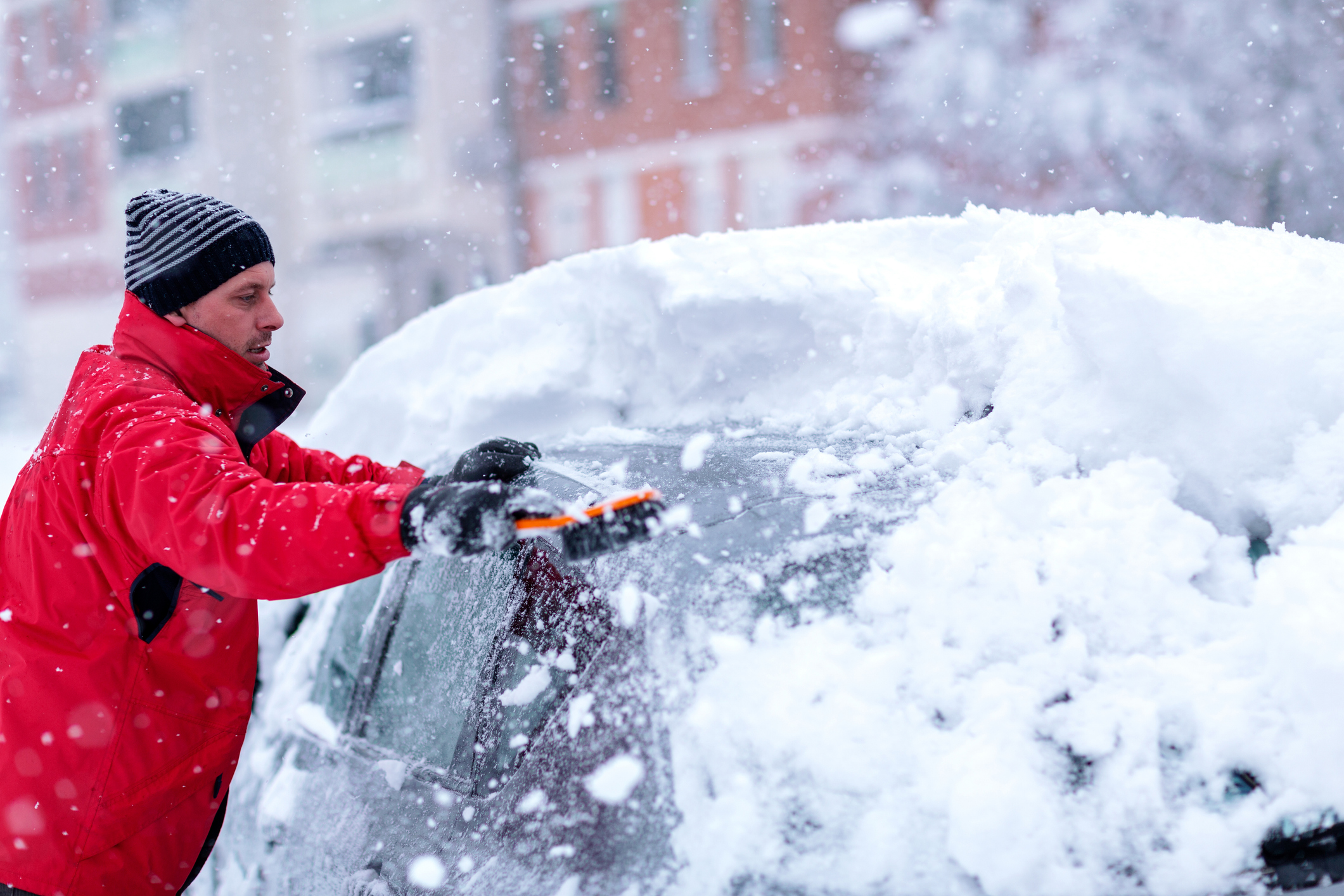Before a natural disaster hits your community, it’s generally agreed that the best possible thing you can do is evacuate. However, as in the case of the recent Hurricanes Helene and Milton, we hear stories about people staying behind to weather the storm.
Usually, the first question one asks is why: Why would someone try to endure a catastrophic natural disaster? The next question one should ask is: What if they were unable to leave?
Though it is easy to warn people to evacuate, there are material conditions that may prevent them from seeking adequate shelter. This ranges from the financial strain of evacuating, to the logistics of moving thousands of people, to language barriers and more. Knowing and understanding the reasons of why people stay during a natural disaster can lead society, the government and the insurance industry to change its response to those who stay behind.
Accommodating people with disabilities and medical needs
People with disabilities and other medical needs are all unique, with different levels of need and care. When an evacuation order goes out, they may not have immediate access to transportation that can accommodate them.
Even if they were to reach a shelter, it is unknown if the shelter can meet their needs adequately. Further complications may arise regarding mobility and access to medication.
Financial and housing concerns
Do you have an emergency fund? Can it support you or a family—if you have one—for several days, or even weeks? Many Americans feel like they fall behind when it comes to emergency savings, and natural disasters only exacerbates the shaky ground they’re standing on currently.
When a natural disaster like a hurricane prompts evacuations, you must consider gas, food and lodging for several days. While the government can offer some financial assistance, there still may be gaps with some expenses and your request could be rejected.
In addition, the disaster itself may shut down businesses or local transportation (e.g., roads, buses and trains), leaving evacuees and survivors to lose out on income. People are also unlikely to work after their living situation is upended, as they need to spend time to recover.
Lack of transportation
Motor vehicles are an easy thing to take for granted. After all, according to the U.S. Department of Transportation Federal Highway Administration, there is a little less than 283.5 million registered motor vehicles in the United States—which includes privately and publicly owned cars, busses, trucks and motorcycles.
However, the abundance of vehicles doesn’t necessarily mean everyone has access to one. While cars are convenient in a society that’s structured around them, they do carry significant financial hurdles: gas, maintenance and insurance, as well as the cost of purchasing a vehicle (used or new). Those who can’t afford a car, or those who do not purchase one for personal reasons, simply go without—they either use public transportation or other means.
Therefore, in an emergency, those individuals who lack the means to transport themselves have a greater chance of being injured in a natural disaster that requires them to evacuate.
Language barriers
The United States is a melting pot—while English is the first language for many households, there are households that speak Spanish, Russian, Chinese, Arabic and so on. This makes the proper communication of evacuation orders even more important. If evacuation orders are crafted in such a way that it makes it difficult to follow for those who speak English as a second language, they may be put in unnecessary danger.
Pet care
For pet owners, their pets are like their family. Asking them to leave their pet unattended in a disaster zone for several days is simply too great an ask. However, attempting to suddenly move an animal presents challenges of its own. Temperament, size and level of care vary by pet—a designated shelter may not even allow pets. In short, pets add another dimension to the struggles of someone who is ordered to evacuate.
Underestimating risk
In a dangerous situation, some people are liable to underestimate the risk to their safety. They are liable to use previous natural disasters they survived, like those that were projected to cause severe damage but did not do so, as justification to stay.
As an insurance agent, what do I do?
This year’s hurricane season is coming to a close, but it’s never too early to educate your clients about the value of insurance protections and being prepared. After all, spring also brings the potential for severe flooding.
If you are an insurance agent with clients who are more likely than not to stay behind in a natural disaster, it’s important for you to encourage them to develop a plan to protect themselves and their property. This can range from providing insurance coverage, directing them toward flood insurance resources, offering advice on how to protect themselves, guiding them through evacuation preparations and more.
When disaster is imminent, no one deserves to be left behind. Insurance agents should be proactive in their efforts to keep clients safe from the worst Mother Nature has to offer.
Matt McDonough is PIA Northeast's writer, editor and content curator. Matt joined PIA Northeast in September 2023. Before that, he had been an editor for the online entertainment magazine Collider from 2021-23 as a copy editor for its lists section. Matt entered the world of journalism at his alma mater, SUNY New Paltz, writing and reporting for the college's student run newspaper, The New Paltz Oracle. He graduated from SUNY New Paltz with a Bachelor of Arts in English and a minor in Creative Writing in 2020.






